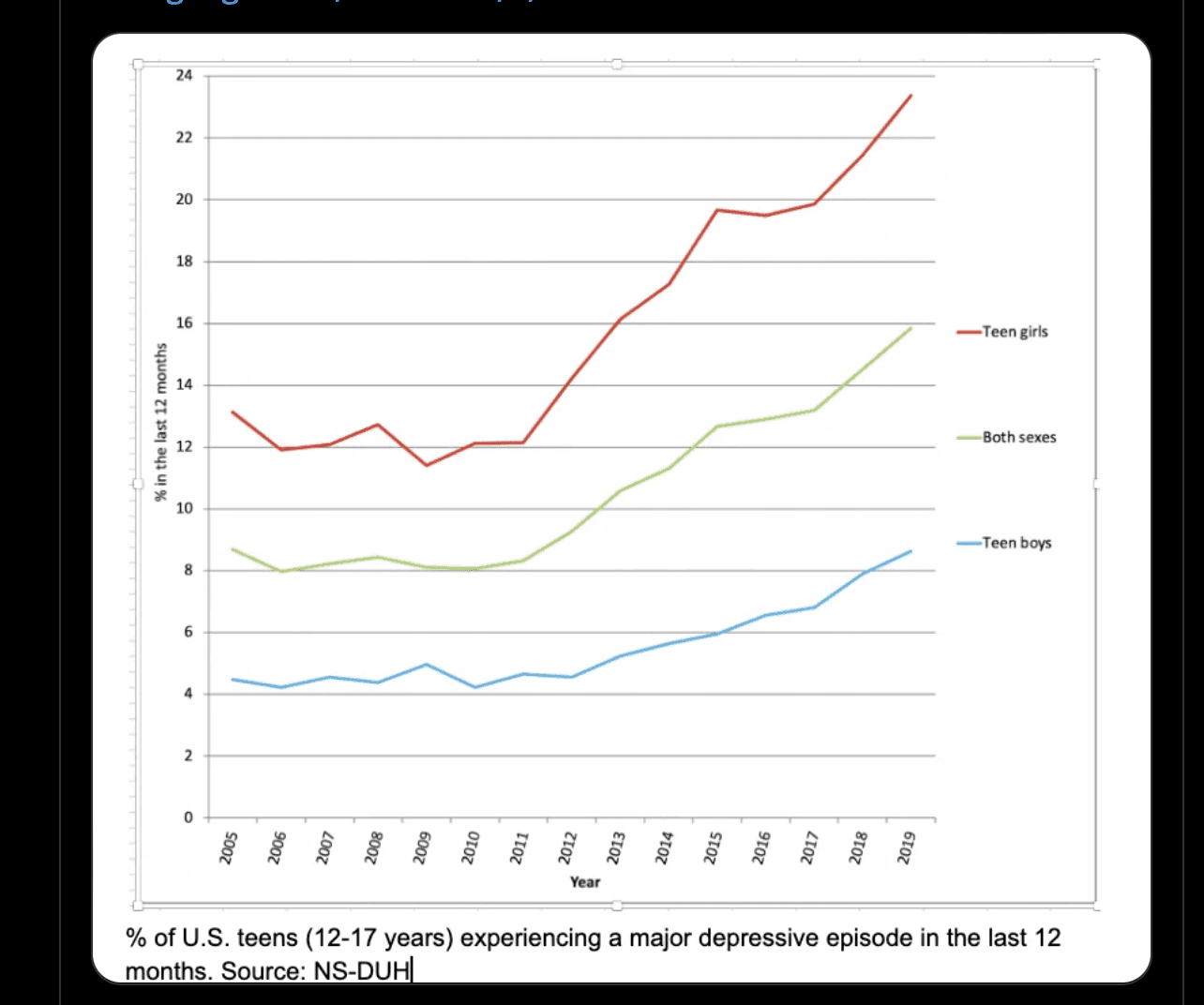Introduction
Introduction
4 min read
“Being the parent of a teen who struggles with anxiety can feel like a rollercoaster. I hardly ever know what to expect from that and it hurts so much to watch them struggle“ - Mom, 56
Anxiety is one of the most prevalent mental health challenges faced by teens today. According to the National Institute of Health (NIH), clinical anxiety symptoms occur in roughly 31.9% of teens. The rise of anxiety related issues has been well documented and, unfortunately, rates of disordered adolescent anxiety are at an all time high. Since 2019, rates of teen anxiety have increased by 20%. If your teen is navigating their own issues with anxiety, know that they are not alone in their experience.

The term anxiety can be confusing as it encompasses a broad category of experiences. Let’s explain what we mean when we talk about anxiety. The NIH defines anxiety as the following:
”Anxiety is a feeling of fear, dread, and uneasiness. It might cause you to sweat, feel restless and tense, and have a rapid heartbeat. It can be a normal reaction to stress. For example, you might feel anxious when faced with a difficult problem at work, before taking a test, or before making an important decision. It can help you to cope. The anxiety may give you a boost of energy or help you focus. But for people with anxiety disorders, the fear is not temporary and can be overwhelming.”
It’s important to call out that short periods of anxiety can be a normal and positive reaction to a stressful situation. For example, if your teen is feeling anxious about an upcoming test, their anxiety might enable them to take the necessary action to properly study and get a good grade. After the test, normal anxiety will fade away as there is no longer anything urgent to worry about. In this way, anxiety acts like an alarm system, alerting a teen to something that is worth their attention. However, anxiety can become a concern when a normal anxious reaction persists and creates prolonged and consistent discomfort.
Before we begin this guide, we first want to take a moment to say how much we admire you as a parent. We know how hard it can be when your teen is struggling with any form of anxiety. The fact that you are here speaks volumes of who you are as a parent. Whatever you and your teen are experiencing, know that you are not alone and that there are many people out there who are here to support you (including us).
We developed this guide with our mentors and Chief Clinical Officer after dozens of parents in our program asked for a foundational document on how to support their teen as they navigate anxiety. We kept getting asked questions such as, “Can you help me understand if my teen has anxiety?” and, “Should I be worried about my teen’s anxiety?”. We wanted to write down our answers to these questions so that you could benefit from a deeper look into anxiety in teens.
While we know that it is impossible to capture everything about teen anxiety in a few articles, our aim is to provide you with a foundation on what anxiety is, how it effects your teen, and how you can use some simple, evidence-based tools to support your teen in navigating the very real experience of anxiety. Let’s dive in!





